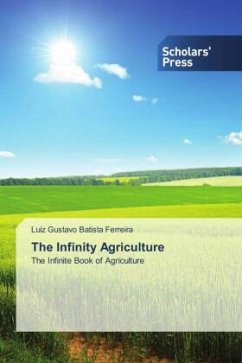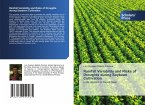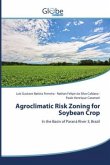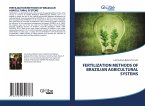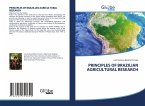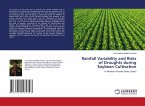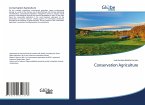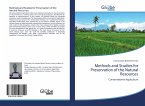Producing enough food for an increasing population is considered one of the greatest challenges (BURNS et al., 2010). The United Nations (UN) estimated the world population will exceed 9.7 billion in 2050 (UN, 2021) and this expansion will increase the demand for food (SAATH; FACHINELLO, 2018). In this context, agriculture has a key relevance, once this activity is responsible for producing food, using less areas as possible (SENTELHAS et al., 2015). According to the Food and Agriculture Organization, FAO (2013), the availability of agricultural areas is concentrated only in a few countries, with about 90 % of land for agricultural expansion located in Latin America and Sub-Saharan Africa. In Latin America, Brazil has a key relevance for food production, with high potential for expansion (SAATH; FACHINELLO, 2018). However, environmental concerns and the preservation of native forests have limited the agricultural expansion, thus, the appropriated alternative is increasing yields,instead of deforestation (SAATH; FACHINELLO, 2018).
Bitte wählen Sie Ihr Anliegen aus.
Rechnungen
Retourenschein anfordern
Bestellstatus
Storno

